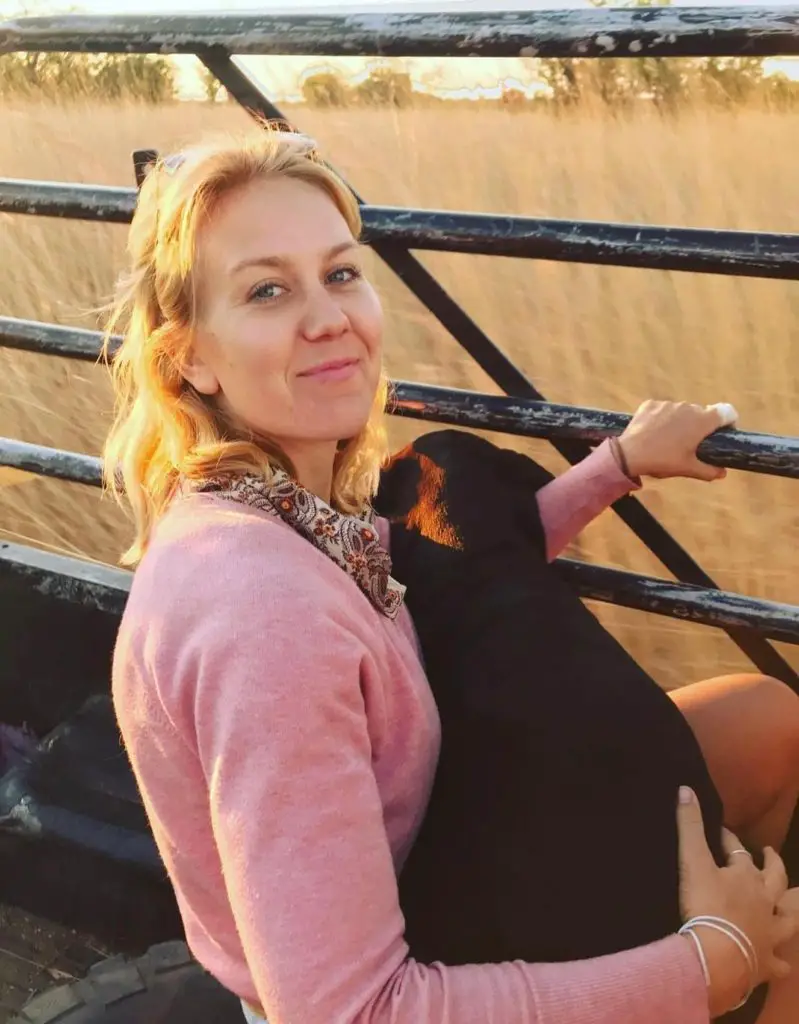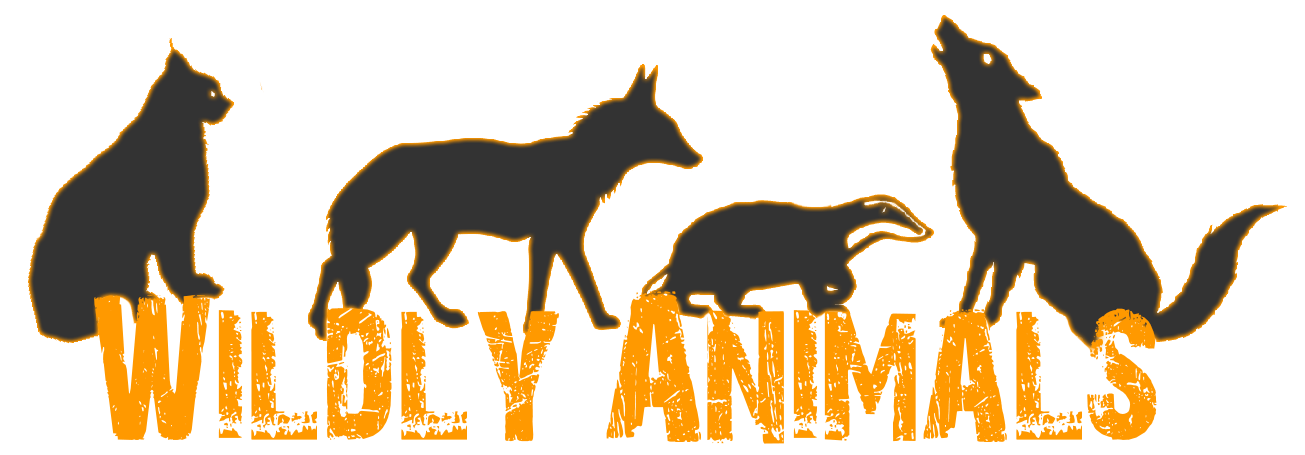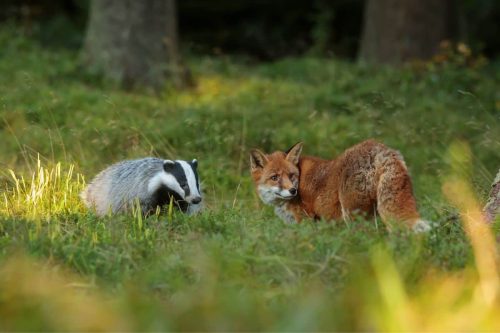How to Enjoy Life with a New Puppy 2025
There’s a sock under the couch, a puddle by the laundry door, and the TV remote’s gone quiet after being “redecorated” with tiny teeth marks. Your new housemate’s fast asleep now, belly up in the middle of the hallway, legs splayed like a dropped soft toy. This, mate, is puppyhood in all its weird, messy, glorious detail.
The early weeks with a young pup are part circus, part cuddle fest, part detective work. One moment they’re zooming in circles, the next they’ve passed out mid-chew on your thongs. It’s easy to wonder if you’re doing it right—or if you’ll ever sleep through the night again.
Whether you’ve brought home a scruffy rescue mix or a fluffy Alaskan Malamute, the rhythm’s about the same.
Every dog owner has been where you are. Eyes half-shut, holding a squeaky toy in one hand and googling “why does my puppy eat rocks” with the other. This phase is full-on, but also full of charm. With a few grounded tips—and the right mix of laughter and low expectations—you can actually enjoy it.
Contents
Set a Routine That Works for You
Forget clockwork. You’re not building a military schedule. But a loose rhythm to the day? That’s gold for both your sanity and your puppy’s sense of place.
Think of your routine as the scaffolding that holds up the house: not fancy, but solid. Morning toilet break, breakfast, a nap. A bit of playtime, another toilet dash. Lunch, if your pup’s young. More rest. Evening sniff, dinner, cuddle, crash. The order can flex depending on work, family, or the weather, but the shape stays roughly the same.
Dogs—especially young ones—cling to patterns. They learn quicker, settle faster, and sleep better when life feels somewhat predictable. And for you? It means fewer surprises in the lounge room and a higher chance of peeing outdoors instead of on the rug.
Build Trust from Day One
Forget the grand gestures. In puppy life, trust is built through the small, steady things. The calm voice when they get it wrong. The gentle hand that lifts them out of a tight corner. The moment you sit on the kitchen floor just to be near them while they nibble their dinner one biscuit at a time.
From the get-go, your job is to show your pup that you’re reliable—that the world might wobble, but you stay the same. Feed them from your hand now and then. Toss in the odd cuddle without pinning them down. Let them hear your voice when they’re scared or unsure. Those tiny acts are where the real bond grows.
Consistency is the glue here. Same word for the same thing. Same tone when they’re doing well, or mucking about. It tells them, “This human’s got a rhythm I can follow,” which is exactly what an anxious little creature needs.
Play also earns you points. Gentle tug games, short chases around the yard, soft toys you bring out for fun then pack away—these become part of the trust too. They learn that being near you means good things happen. That’s half the battle won already.

Celebrate the Small Wins
Your puppy sat still for three seconds? That’s a win. They weed on the grass instead of the hallway rug? Massive win. You got through a whole cuppa without chasing them away from the bin? You’re practically kicking goals now.
It’s those little wins that stick with you—especially when you’re packing the boot for family holidays 2025, and your dog’s sitting patiently at the door, tail thumping, leash in their mouth, ready to ride shotgun.
It’s easy to focus on the muck-ups—the nipping, the barking, the mysterious puddles behind the couch—but that’ll drive you spare. Shift the spotlight onto what’s going right, even if it’s blink-and-you’ll-miss-it stuff. Those tiny wins add up, and they’re what slowly shape your pup into a grown dog you can live with.
Praise works better than punishment every single time. So when they nail a toilet trip, manage to sit instead of launching themselves at you, or simply fall asleep not on your feet, make it known. A kind word. A scratch under the chin. A moment of shared calm. That’s how confidence grows—on both ends of the lead.
Training isn’t a test. It’s more like a collection of small habits, repeated often, celebrated when they stick. If you keep your eyes peeled for the good bits, you’ll find more than you expect.
Social Time and Sniff Walks
Your pup doesn’t need to meet every dog in the neighbourhood or shake hands with every stranger down at the café. What they do need is calm exposure to new sights, smells, people, and sounds—on their own terms, at their own pace.
Sniff walks are your secret weapon here. Instead of powering through your block like you’re late for the train, let your puppy lead the way (on lead, of course). Let them explore the letterbox post, the blade of grass with suspicious scent, the breeze carrying new smells. Sniffing tires them out, settles their nerves, and helps them make sense of their surroundings.
Encourage gentle greetings with trusted friends, avoid rowdy crowds, and always give your pup an “out” if they look unsure. Socialising isn’t about pushing—it’s about giving them safe chances to learn that new things aren’t scary.
Embrace the Learning Curve
There’ll be days when your pup pees on the rug after you’ve stood outside for ten minutes. Days when they chew the corner of your coffee table or bark at their own reflection like it’s plotting something. That’s par for the course. You’re not raising a robot—you’re figuring out life with a small creature who’s still wrapping their head around the basics.
Every new dog owner hits a point where they wonder if they’re cut out for it. You are. You just need to lower the bar now and then, laugh when you can, and reach out when things get too hairy. A chat with your vet, a session with a trainer, or even a friend who’s had dogs before can make all the difference.
Barking, biting, toileting misfires—they’re normal. They don’t mean your pup’s a lost cause or that you’ve stuffed it. They mean they’re learning. And so are you.
And down the track—when the puppy fluff fades and the grey hairs creep in—having trusted options like pet cremation on your radar means you’re planning with love, not fear. Because every chapter, even the quiet ones, matters.
The puppy stage doesn’t last. It’s short, messy, loud, and filled with little wonders you’ll only spot if you slow down and look. The way they snuggle into your neck when they’re sleepy. That proud little face when they finally sit without being asked. The sound of their snore after a long day of exploring.
So take more photos than you think you need. Take your puppy out on family trips. Sit on the floor with them more often. Let yourself laugh at the chaos instead of fighting it. Puppies aren’t perfect—but they pull something out of you that’s softer, sillier, and more present than you knew you had.

Izzy is an experienced ranch worker who has a passion for exploring nature and getting up close to wildlife. With her connections to various animal organizations, Izzy is well-versed in animal care and rehabilitation.






